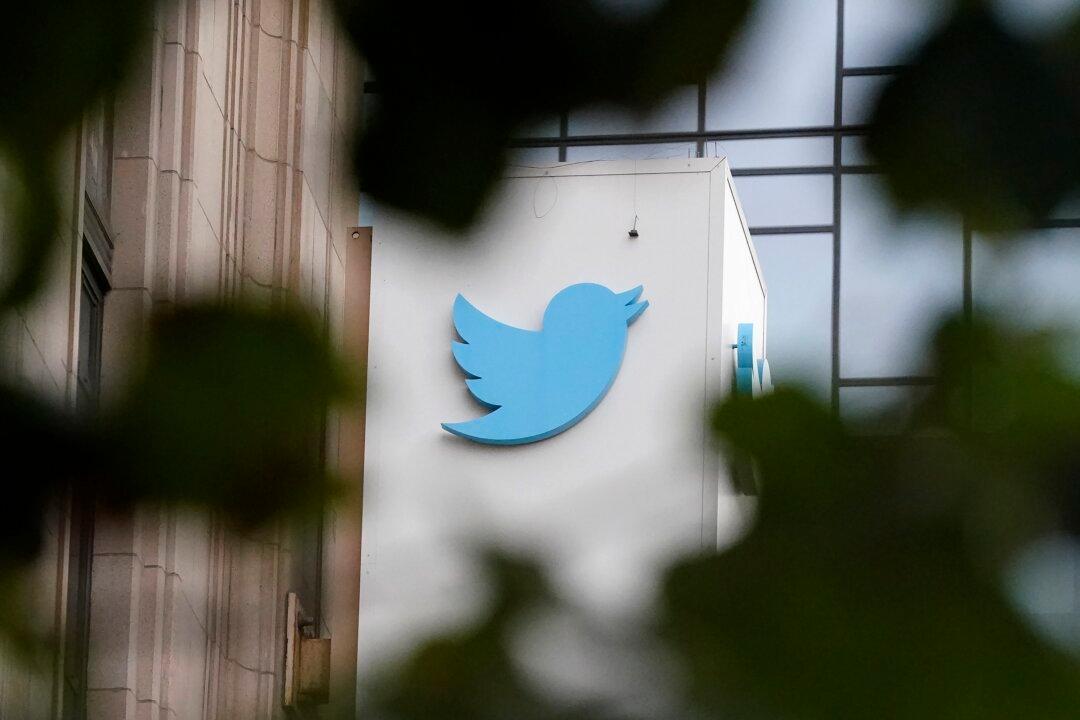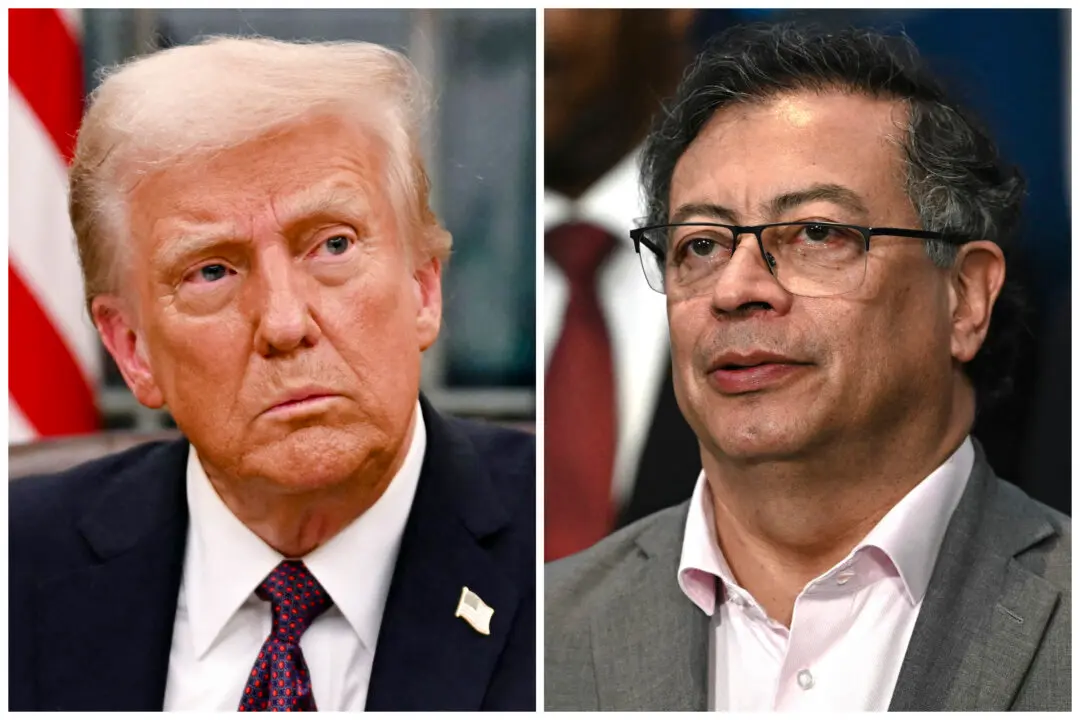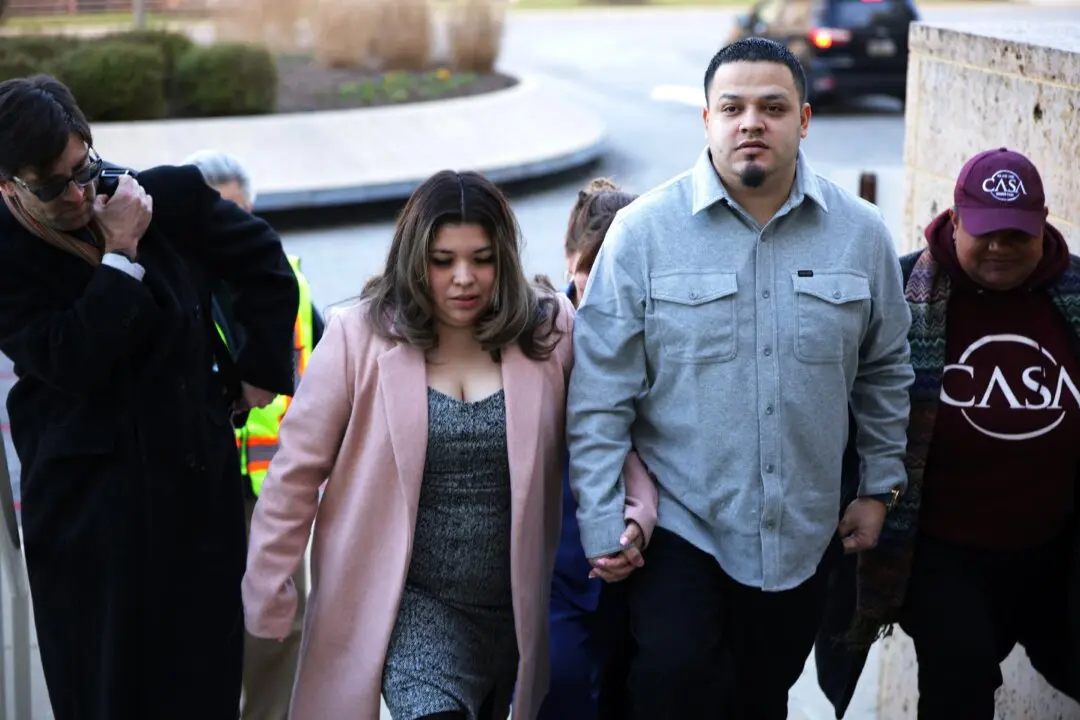Independent journalist Matt Taibbi published a supplemental thread to Part 6 of the “Twitter Files” on Sunday, bringing to light documented exchanges between the FBI and Twitter’s executive discussing the topic of state actors on the social media platform.
In July 2020, an FBI agent with the San Francisco office told the head of Twitter’s disbanded global trust and safety council Yoel Roth that the company could expect questioning from the Foreign Influence Task Force (FITF), an inter-agency group that deals with cyber threats.





